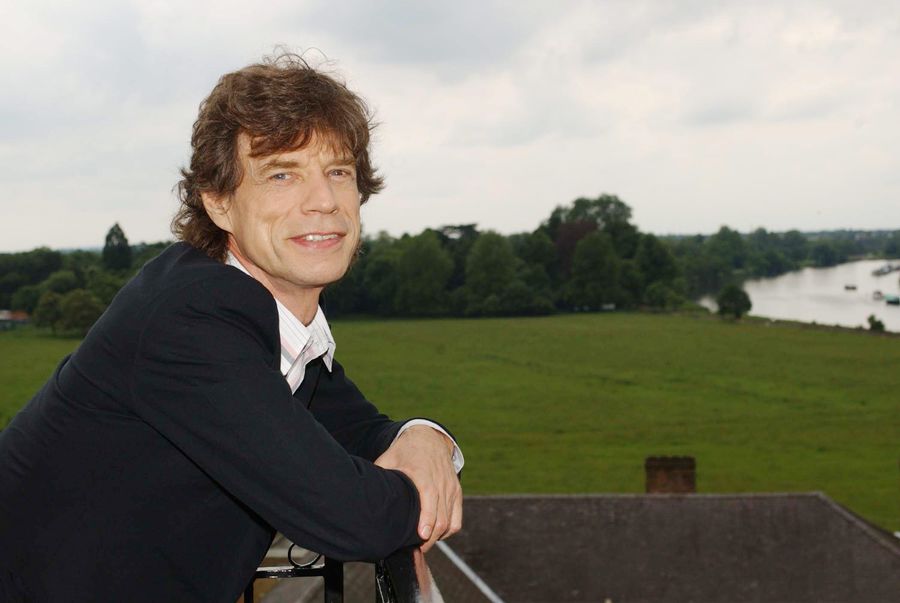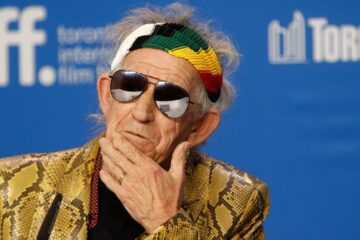In 2001, the late Rolling Stones drummer Charlie Watts appeared on BBC Radio 4’s Desert Island Discs Series. On selecting Ralph Vaughan Williams’ ode to the British countryside ‘The Lark Ascending’ as one of his seven record choices, Watts mentioned the conductor sir Simon Rattle’s recent knighthood: “I’m glad you’ve got Nigel Kennedy playing it and not ‘Sir Simon’ as he’s called now, everyone is sir,” he said. Replying to Sue Lawley’s question as to whether he was expecting a knighthood of his own, Watts replied: “No thank you, it would be the death of us if we got recognised in those quarters”. However, Watts’ anti-establishment leanings clearly weren’t shared by Rolling Stones frontman Mick Jagger, who, just a year later, accepted an honorary knighthood, prompting much grumbling among the British people.
Like Watts, many still feel that the role of countercultural figures such as Jagger is to stand in opposition to the establishment club of sirs and dames, not to bow down to it. And yet there are countless other artists and musicians who have willingly accepted knighthoods. Is it right for them to do so, or is it their duty to remain beyond the reach of the Queen’s sword?
The root of the issue is that the British knighthood, unlike the French government’s Légion d’honneur, was never designed for the likes of Mick Jagger, Elton John, or Paul McCartney. Where the French have managed to imbue their medal with a reputation for rewarding cultural excellence, knighthoods still reek of the elitism of the establishment, and anyone who accepts one risks being associated with centuries of entitlement, colonial plundering, and royalist pomposity. There is, therefore, a long tradition of cultural figures turning down the queen’s honours. Paul Weller, John Lennon, David Bowie, even Roald Dahl – all of them rejected their knighthoods. Why?
Lennon’s decision was politically motivated in 1969, a time when he wrote a letter to the Queen that read: “I am returning my MBE as a protest against Britain’s involvement in the Nigeria-Biafra thing, against our support of America in Vietnam and against Cold Turkey slipping down the charts. With love. John Lennon of Bag”. In this way, Lennon was able to utilise his unwanted knighthood for political ends, making a bold statement about his nation’s involvement in foreign conflicts. Lennon clearly thought of himself as a bohemian and did everything he could to separate himself from the undoubtedly attractive prospect of joining a club made up of businessmen and newspaper owners.
Mick Jagger, however, was never so radical. He certainly made a point of curating a countercultural persona, calling the Queen an “old witch”, but the ease with which he accepted his knighthood speaks to his inescapably middle-class worldview. While the Queen herself actively refused to knight Jagger in person, owing to her belief that was entirely unsuitable, Jagger clearly thought of himself as an innate part of British life and therefore worthy of the honour. It’s sort of unsurprising, therefore, that Tony Blair put Jagger forward for the award. Blair’s modus operandi was to turn British music into an arm of politics, using the likes of Oasis, The Rolling Stones, and The Beatles to build a new kind of English nationalism based on its chief cultural export, music. In accepting the Knighthood, Mik Jagger (however unknowingly) allowed himself to be used as a pawn in a game for which he didn’t know the rules.



